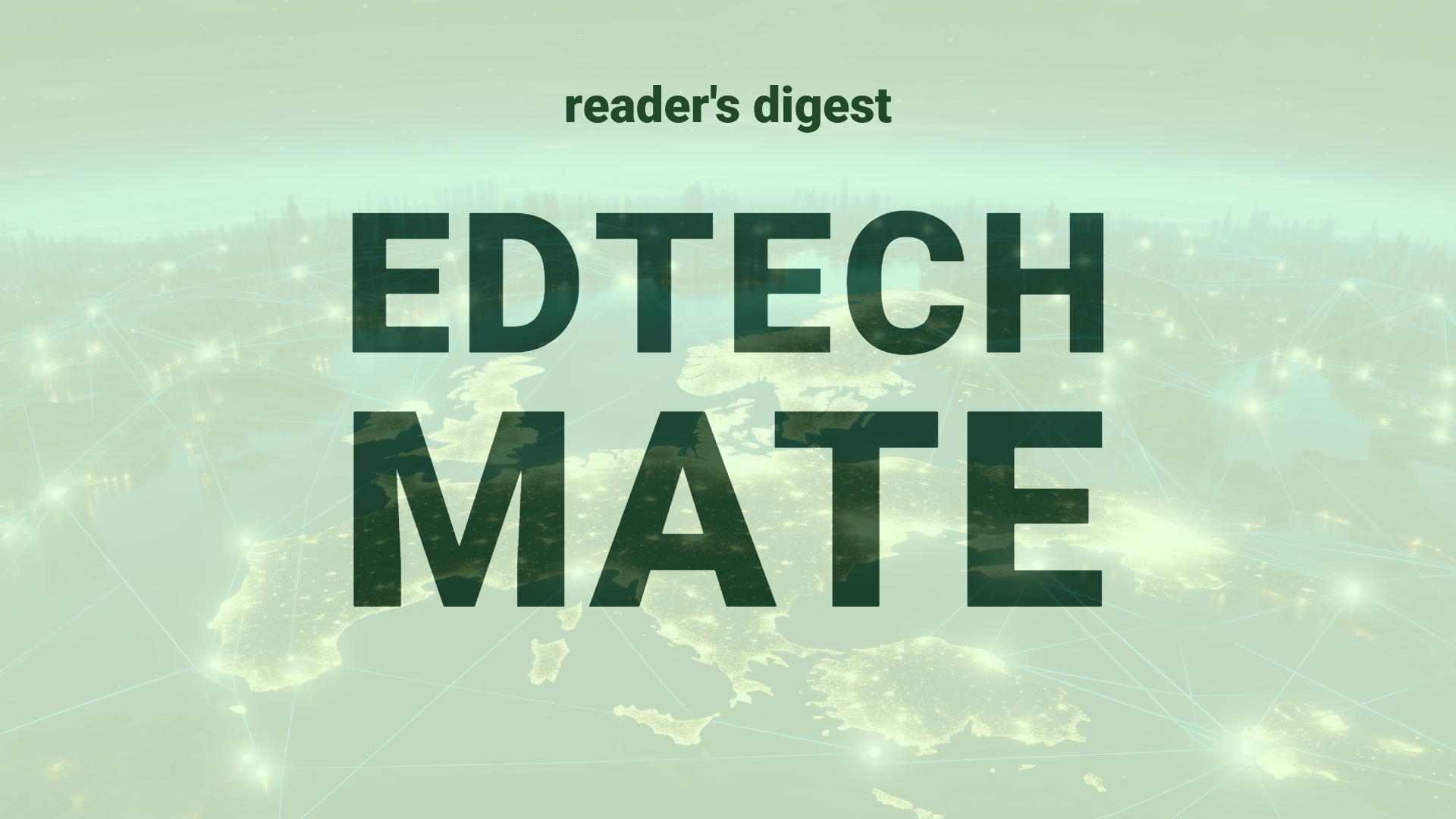“`html
Executive Summary and Main Points
Recent advancements in generative artificial intelligence have showcased remarkable innovations such as ChatGPT 4o and Gemini 1.5 Pro, highlighting a massive leap in multimodality and conversational abilities. Innovations feature extended context window capabilities, and even though these technologies offer impressive functionalities, Italian IT directors emphasize the importance of governance, ethics, and business utility over mere technological prowess.
Potential Impact in the Education Sector
The evolution of AI technologies like ChatGPT 4o and Google’s Gemini could significantly influence Further and Higher Education, as well as Micro-credentials. These developments herald strategic partnerships and further digitalization in education, offering more personalized learning experiences, automated administrative tasks, and dynamic content delivery methods. However, the implementation should be paired with ethical considerations and strategic planning to ensure it aligns with educational missions and values.
Potential Applicability in the Education Sector
AI and digital tools such as ChatGPT and Gemini can be utilized in global education systems for various purposes including automated grading, personalized tutoring, facilitation of online courses, language translation, and enhancing research capabilities. These technologies offer great potential for enhancing learning experiences across diverse linguistic and cultural contexts, with an emphasis on accessible and inclusive education.
Criticism and Potential Shortfalls
Despite their potential, generative AI technologies face criticism related to issues like context misunderstanding, copyright violations, discrimination, and inaccuracies. Additionally, the reliance on such technologies could diminish critical thinking and human interaction. Ethical and cultural implications must be carefully evaluated in international case studies, to ensure these tools’ responsible and equitable usage in education.
Actionable Recommendations
To implement these technologies successfully in education, leaders should focus on identifying strategic use cases, promoting digital and AI literacy among educators and students, and implementing a phased approach: from Proof of Concept to full-scale production. Ensuring collaboration across disciplines and involving educators in the development process will be key to creating meaningful AI-supported education frameworks.
“`
Source article: https://www.cio.com/article/2137715/gen-ai-leffetto-sui-cio-italiani-dei-nuovi-annunci-di-google-e-openai.html

